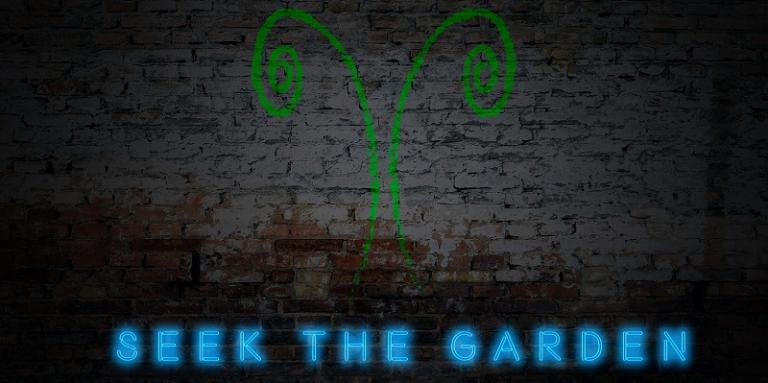
Commonwealth: A Novel of Utopia, part 2, chapter 1
Author’s Note: This is an excerpt from my novel Commonwealth. The rest of today’s installment is free, but only on my Patreon site. If you want to read the next part today, it’s already up on Patreon as well. You can sign up for as little as $1/month, or $2 for exclusive author’s notes and behind-the-scenes material. There’s also a table of contents for all published chapters.
“What’s your verdict?” Jane said with a faint smile.
“It’s perfect. Does everyone get a place like this?”
“If they wish it. As you saw at Miranda’s, some of us prefer rustic living, or want more privacy or more space than they can get in the city. I’ve always thought it an odd desire, but we have all kinds.”
Rae felt as if she could get lost in this apartment. She boggled at the thought of wanting or needing anything more than this.
“How can you afford to give everyone a home this big?”
“Mere space was never the problem. The Earth has ample room for us all. Even discounting mountains, deserts and other uninhabitable regions, the land area that humans actually occupy is a small fraction of the planet – especially when you build with adequate density, as we do.
“No, the problem was always one of distribution. In your old society, housing isn’t treated as a right, but as a luxury. The rich claim the most desirable places, buying huge private estates for themselves, gobbling up far more land than they need – and as the old saying goes, land is the one thing they’re not making more of. The supply shortfall created by this hoarding causes a cascade of price increases down the economic ladder, making property less affordable, pushing it further out of everyone’s reach. The middle class, what’s left of it, has to struggle and scrape just to keep a roof over their heads. The poor, more often than not, end up on the street.
“And the houses! A house should be a simple thing. It serves the most basic needs: a warm hearth on a cold night, a place to sleep in comfort, a welcome for guests, a dwelling ground that roots you in place and links you to a community. But the wealthy turn their houses into status symbols. They build sprawling, monstrous mansions, larger than any rational need could justify, solely for the purpose of showing off. Sometimes more than one!
“Naturally, the vast majority of this space is wasted. The wealthy spend untold millions to furnish and decorate rooms they never use and vacation houses they might visit a few days each year. They buy up private beaches and beautiful vistas and surround them with walls and fences to keep anyone else from appreciating them. If theirs is no longer the most expensive house on the block, they demolish it and rebuild it to be even bigger and more ostentatious, just to one-up their neighbors. The colossal waste is the point: it’s an arms race of senseless materialism, proof that you can squander more than anyone else.
“Meanwhile, the poor are pushed out to the fringes, consigned to crowded, decaying homes in polluted and blighted slums – again, not because it’s impossible to build anything better, but because no one cares to do so when there’s more profit in satisfying the whims of the wealthy. Your old society could house all its poor and homeless, in comfort and dignity, in a mere fraction of the already-built homes that sit vacant and unused. The Pacific Republic isn’t unique in that we can house everyone; we’re only unique in that we choose to do so.”